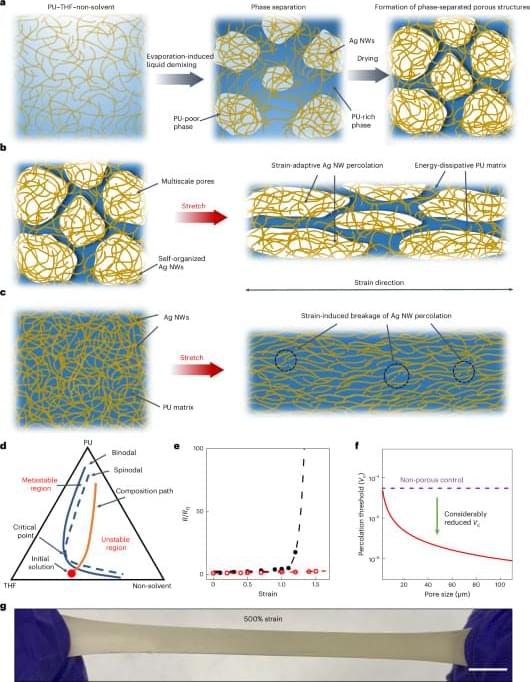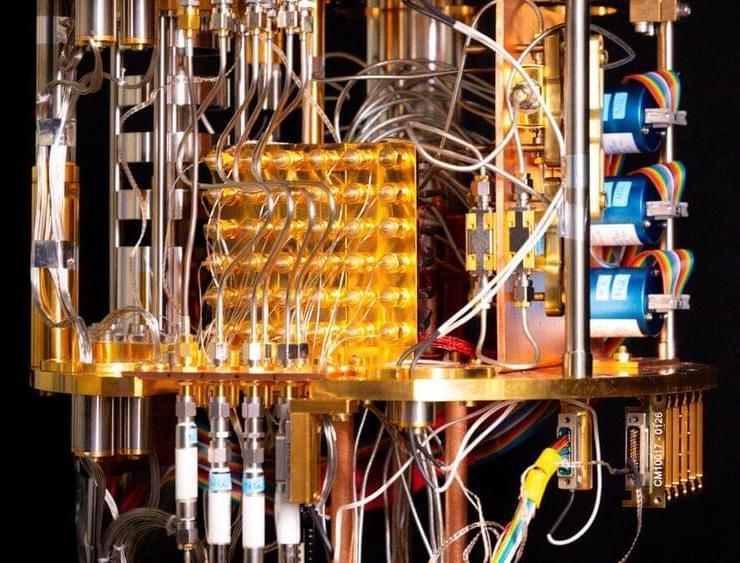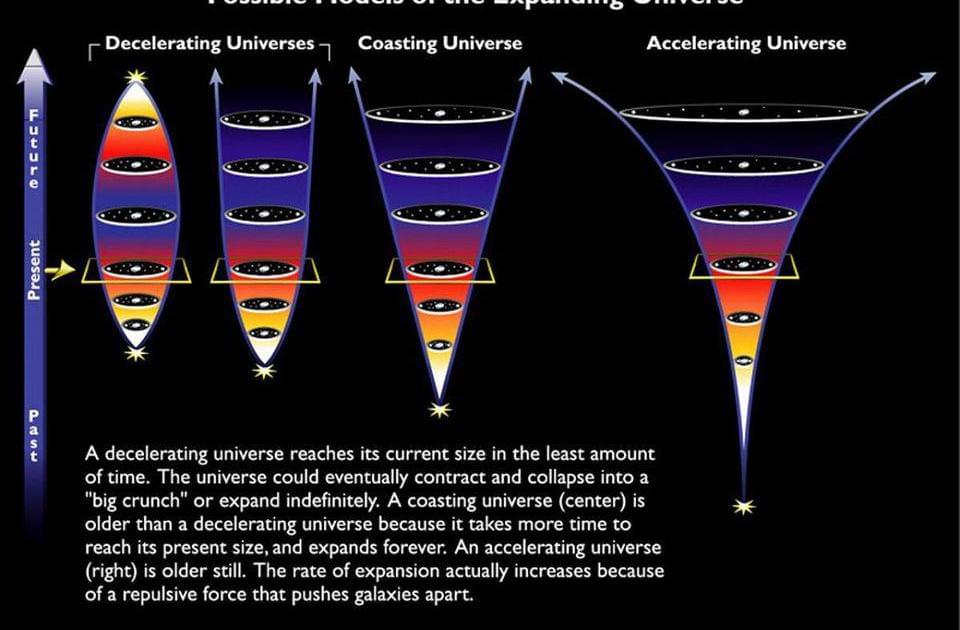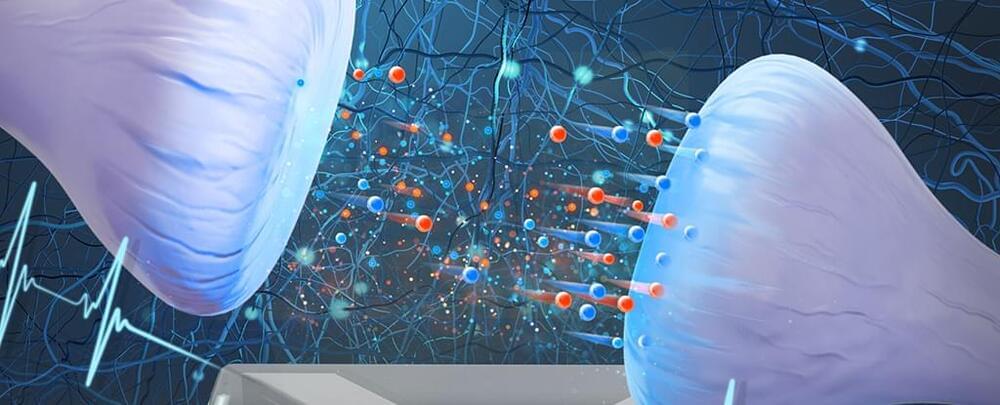
It’s not uncommon for tech roles to now receive hundreds or thousands of applicants. Round after round of layoffs since late 2022 have sent a mass of skilled tech workers job hunting, and the wide adoption of generative AI has also upended the recruitment process, allowing people to bulk apply to roles. All of those eager for work are hitting a wall: overwhelmed recruiters and hiring managers.
WIRED spoke with seven recruiters and hiring managers across tech and other industries, who expressed trepidation about the new tech—for now, much is still unknown about how and why AI makes the choices it does, and it has a history of making biased decisions. They want to understand why the AI is making the decisions it does, and to have more room for nuance before embracing it: Not all qualified applicants are going to fit into a role perfectly, one recruiter tells WIRED.
Recruiters say they are met with droves of résumés sent through tools like LinkedIn’s Easy Apply feature, which allows people to apply for jobs quickly within the site’s platform. Then there are third-party tools to write résumés or cover letters, and there’s generative AI built into tools on sites of major players like LinkedIn and Indeed—some for job seekers, some for recruiters. These come alongside a growing number of tools to automate the recruiting process, leaving some workers wondering if a person or bot is looking at their résumé.


















